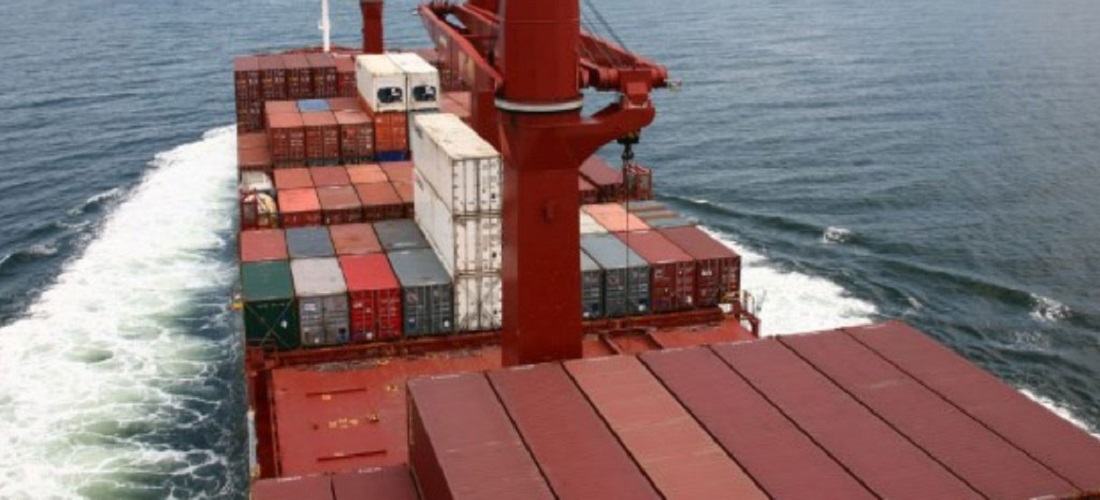
Exporters demand government action against container “blackout”
Aug, 30, 2021 Posted by Ruth HollardWeek 202135
Brazilian agribusiness exporters are demanding more action from the federal government in the debate on solutions for the “blackout” of containers
that the sector faces in the midst of the Covid-19 pandemic. According to Valor, there is dissatisfaction with the lack of dialogue — and initiative — by the federal government in discussions on a problem that is taking away the competitiveness of shipments, which have a great weight in the country’s trade balance.
Until now, the conversations have been within Instituto Pensar Agro (IPA). “We were waiting for an official nod from the government, but that hasn’t happened so far. The sector is eager to speak and be heard,” a source familiar with the matter told Valor.
Suggestions under discussion
Among the possibilities still under debate, there are suggestions to improve port infrastructure, reduce bureaucracy and fees, encourage the opening of new maritime routes, and allow the arrival of new shipowners – currently just 19 companies dominate 97% of the shipping trade in the country.
“The most important thing is that it doesn’t have to be government money. There are PPPs [public-private partnerships] and concessions for that. An example is the port infrastructure. With the change of fleet, large ships cannot dock, and we need this structure. This is what we want from the government, for it to think about the future, as there will be a bottleneck ahead”, says Ricardo Santin, president of ABPA (the Brazilian animal protein producers association).
Source: Valor Econômico
To read the full original article, visit the link:
-
Ports and Terminals
Dec, 16, 2024
0
Federalization of the Port of Itajaí Advances as Lawyer is Appointed to Lead the Process
-
Oil and Gas
Aug, 19, 2019
0
BW Offshore starts operating in Brazil
-
Other Logistics
Feb, 09, 2022
0
VLI deepens operationalization works of the Porto Franco Integrator Terminal (TIPF)
-
Oct, 20, 2023
0
Spain pushes to conclude Mercosur trade deal talks, France wants time

